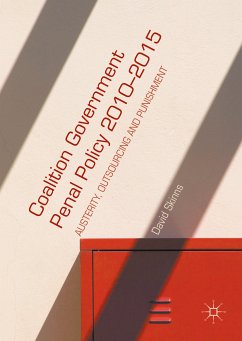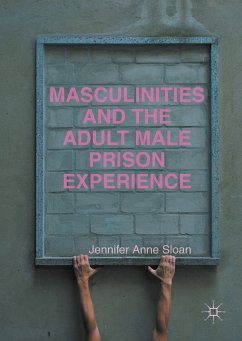This edited collection analyses the prison through the most fundamental challenge it faces: escapes. The chapters comprise original research from established prison scholars who develop the contours of a sociology of prison escapes. Drawing on firm empirical evidence from places like India, Tunisia, Canada, the UK, France, Uganda, Italy, Sierra Leone, and Mexico, the authors show how escapes not only break the prison, but are also fundamental to the existence of such institutions: how they are imagined, designed, organized, justified, reproduced and transformed. The chapters are organised in four interconnected themes: resistance and everyday life; politics and transition; imaginaries and popular culture; and law and bureaucracy, which reflect how escapes are productive, local, historical, and equivocal social practices, and integral to the mysterious intransigence of the prison. The result is a critical and theoretically informed understanding of prison escapes - which has so far beenabsent in prison scholarship - and which will hold broad appeal to academics and students of prisons and penology, as well as practitioners.
Dieser Download kann aus rechtlichen Gründen nur mit Rechnungsadresse in A, B, BG, CY, CZ, D, DK, EW, E, FIN, F, GR, HR, H, IRL, I, LT, L, LR, M, NL, PL, P, R, S, SLO, SK ausgeliefert werden.









